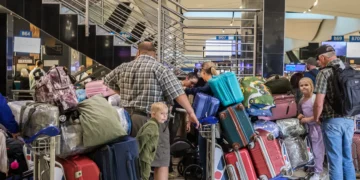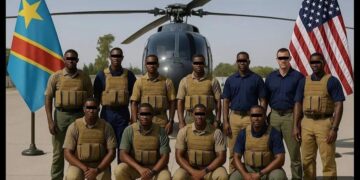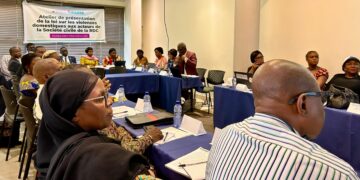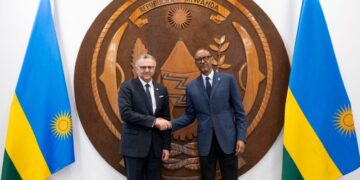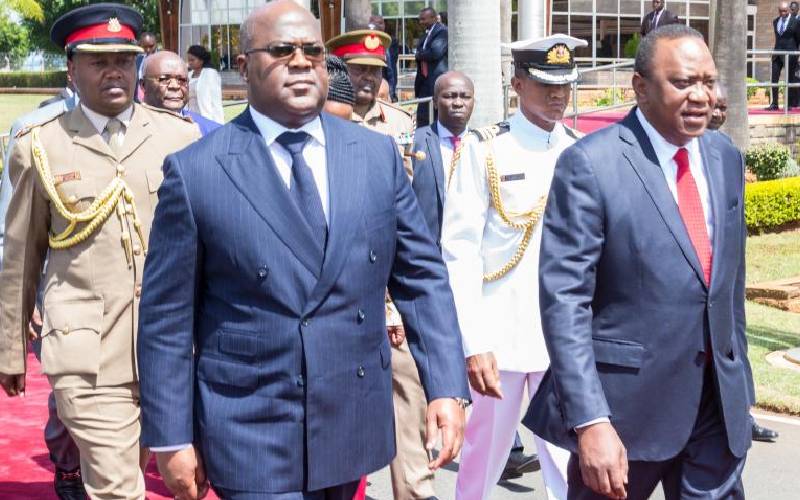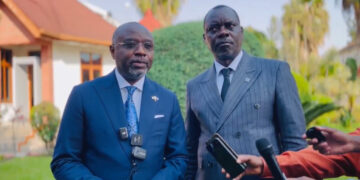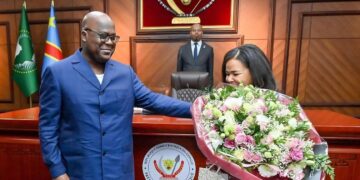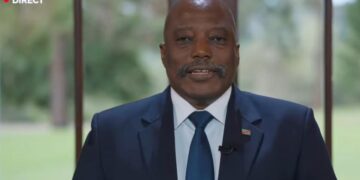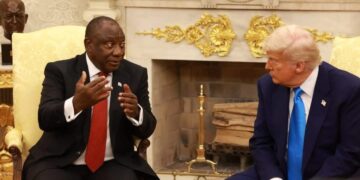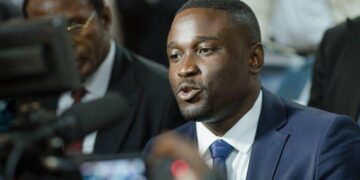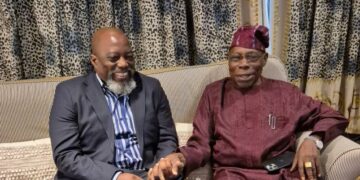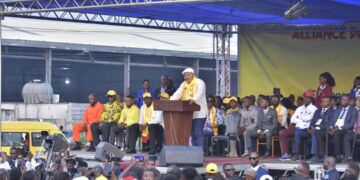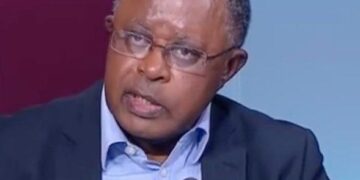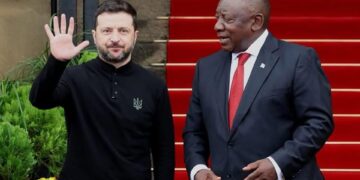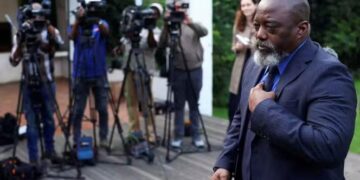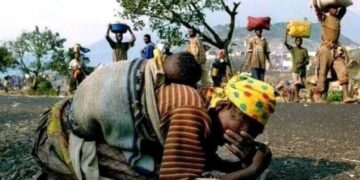“The person they’re dealing with is a fraud,” Nangaa declared, referring to the Congolese government’s representative in recent peace efforts. “He is not trustworthy. Anything he agrees to today will quickly be forgotten. Even if an agreement is signed, the Congolese people will reject it.”
Nangaa, a former head of the country’s electoral commission and now figurehead of a controversial politico-military coalition, questioned the basis of American mediation efforts in the region. “The Americans have the right to broker such deals,” he admitted, “but they must speak to the right people. And today, the right people to speak to are the members of the Congo River Alliance.”
His comments come as international efforts intensify to broker a ceasefire and political resolution between Kinshasa and armed groups operating in eastern DRC, notably the M23. The U.S. and Qatar have recently hosted high-level talks aimed at reducing violence and pushing toward a peace agreement. However, Nangaa’s words signal a potential widening of the political rift and a rejection of any peace process that does not include his coalition.
The AFC, formed in late 2023, remains largely viewed by the Congolese government as an illegitimate structure allied with forces destabilizing the country, particularly in North Kivu. Its association with the M23, a group repeatedly accused of war crimes, makes it controversial both domestically and internationally.
Nangaa’s remarks may also reflect a broader strategy: to assert the AFC as an indispensable actor in any future political settlement. By casting doubt on current interlocutors and appealing to external powers like the United States, Nangaa seeks to shift diplomatic focus toward his coalition—a move that would grant him greater legitimacy on the regional stage.
So far, the government in Kinshasa has not publicly responded to Nangaa’s latest claims, though officials have previously denounced the AFC as a “platform of rebellion and betrayal.”
As tensions remain high and negotiations continue abroad, Nangaa’s bold declaration may further complicate the already fragile peace process in the DRC.


